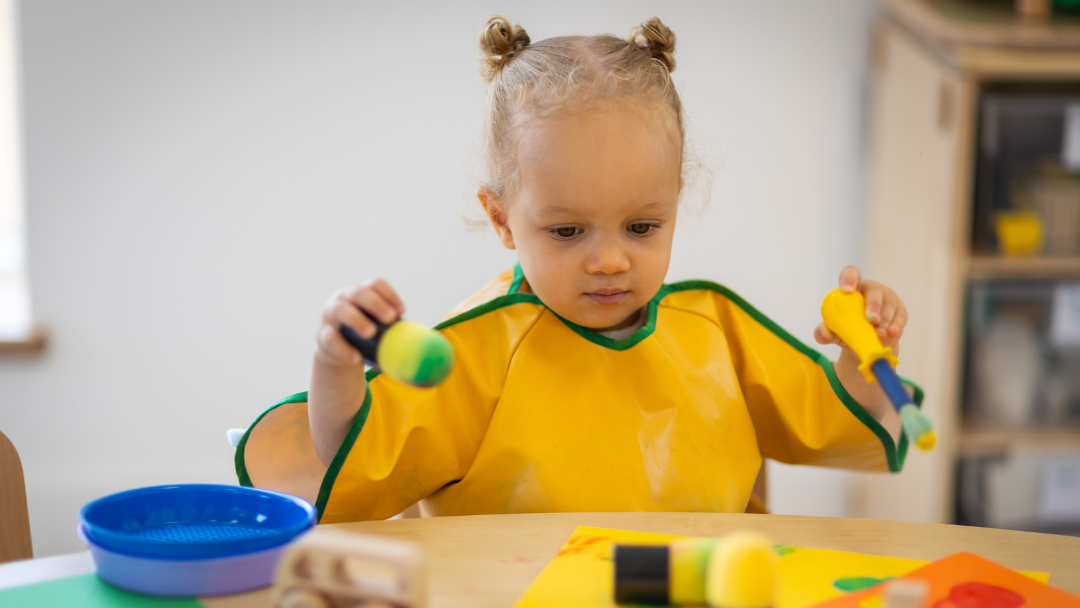The summer holidays are a perfect opportunity to embrace slower days, enjoy the outdoors and spend meaningful time with your child. For nursery-aged children, this time of year is rich with learning potential through play, imagination and hands-on exploration. Whether you're at home, in the garden or out in nature, here are some engaging, low-cost projects that spark curiosity, encourage creativity and support early development in a fun and relaxed way.
1. Water Play Magic
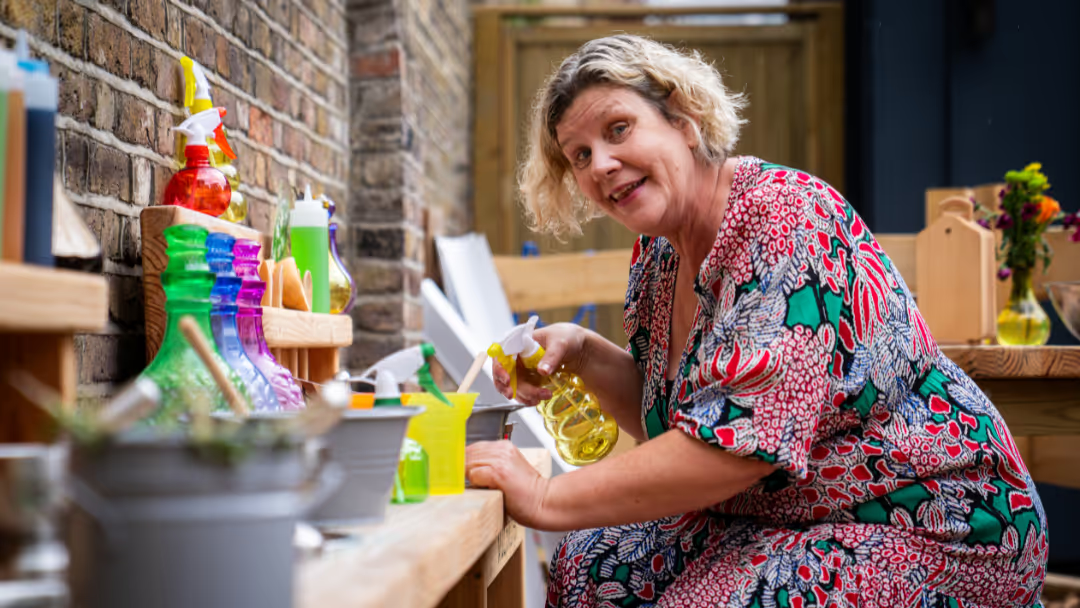
Water play is a classic favourite during the warmer months and provides endless opportunities for sensory exploration and imaginative thinking. It encourages problem-solving, motor skills and early scientific concepts like floating, sinking, and measuring. Best of all, it’s simple to set up and can be adapted to suit whatever space you have available.
Ideas To Try:
- Set up a selection of containers (cups, bowls, colanders, measuring jugs) and let your child pour and mix.
- Add sponges, toy animals or natural objects like flowers and leaves to extend the play.
- Create a mini potion station with coloured water and herbs from the garden.
- Freeze small toys in ice cubes and give children warm water or salt to help ‘rescue’ them.
Safety Note: Always supervise children closely during water play, even with shallow amounts.
2. Shadow Science & Play
Summer sunshine creates the perfect setting for discovering shadows. This type of activity introduces early scientific thinking, helping children notice how light behaves and encouraging observation skills in a creative, visual format.
Try This At Home:
- Place a 2-litre bottle of water or a tall object outside on a sunny surface (like a patio or pavement).
- Use chalk to draw around the shadow it casts.
- Come back every hour and draw around the new shadow.
- By the end of the day, you’ll have created a circular sun dial, showing how time passes.
Other Ideas:
- Trace around your child’s own shadow and decorate it with chalk or natural materials.
- Make simple shadow puppets from cardboard cut-outs and tape them to sticks. Shine a torch in the evening to bring stories to life.
3. Chalk Painting & Outdoor Games
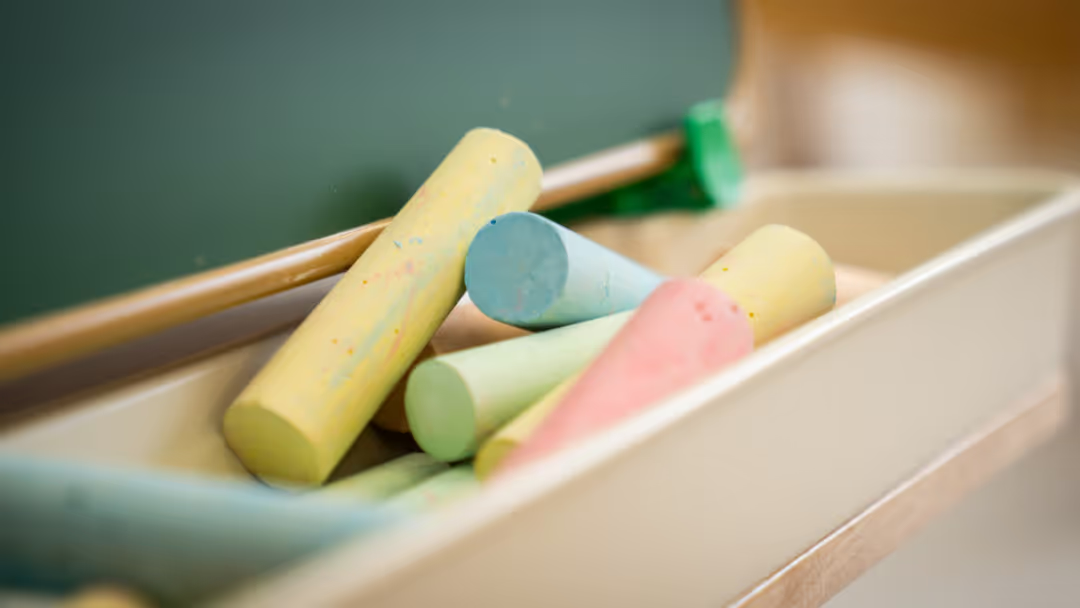
Chalk offers a wonderful outlet for creativity and active learning. Whether drawing pictures, shapes or patterns, children practice early mark-making, strengthen fine motor skills and engage in imaginative play, all while getting fresh air and exercise.
Activity Suggestions:
- Let your child draw freely with chalk on walls, patios, or chalkboards.
- Dip chalk in water to make the colours bolder and smoother.
- Use a watering can or sponge to ‘wash away’ designs and start again.
Games To Play:
- Draw 2D shapes or numbers and call them out for your child to jump or run to.
- Play ‘musical shapes’ where children can dance around to music and freeze on a shape when it stops.
- Create a hopscotch path or a trail of numbered steps to practice counting and balance.
4. Pebble Decorating
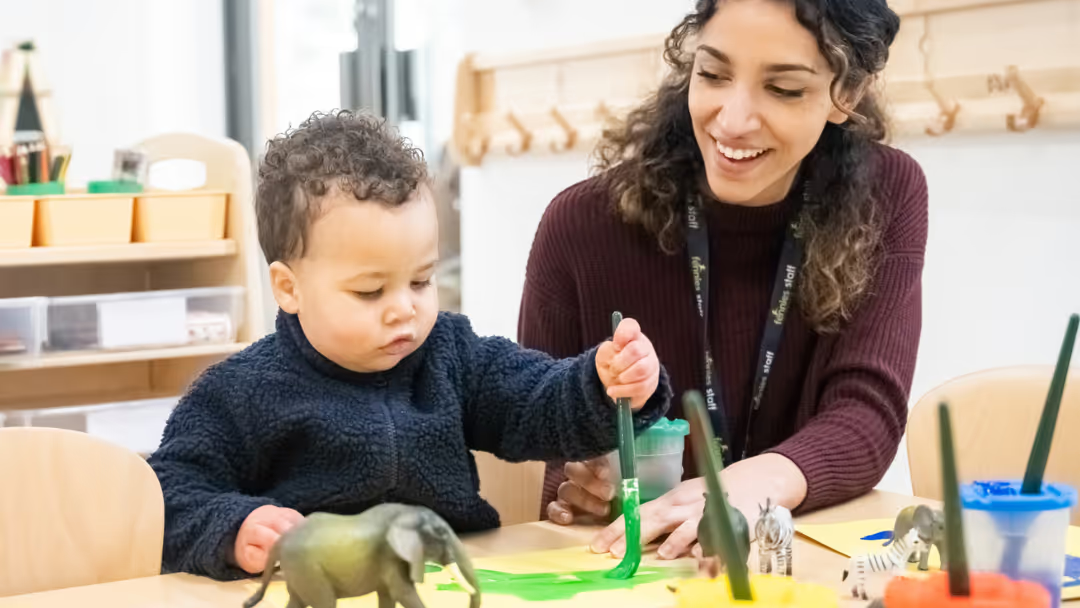
Decorating pebbles is a calming, creative activity that supports hand-eye coordination and encourages expression through art. It’s also a lovely way to bring nature and creativity together! The finished pieces can be displayed in your garden, used in games, or even hidden for others to find.
Ideas To Try:
- Collect smooth pebbles from nature walks or garden centres.
- Use acrylic paint or paint pens to decorate them. Try painting ladybirds, bees, flowers, or your child’s favourite characters.
- Seal finished pebbles with outdoor Mod Podge to protect them from rain.
Bonus Use: Create a “story stones” basket where each pebble represents a character or place. Use them to invent and retell stories together.
5. Planting & Growing Together
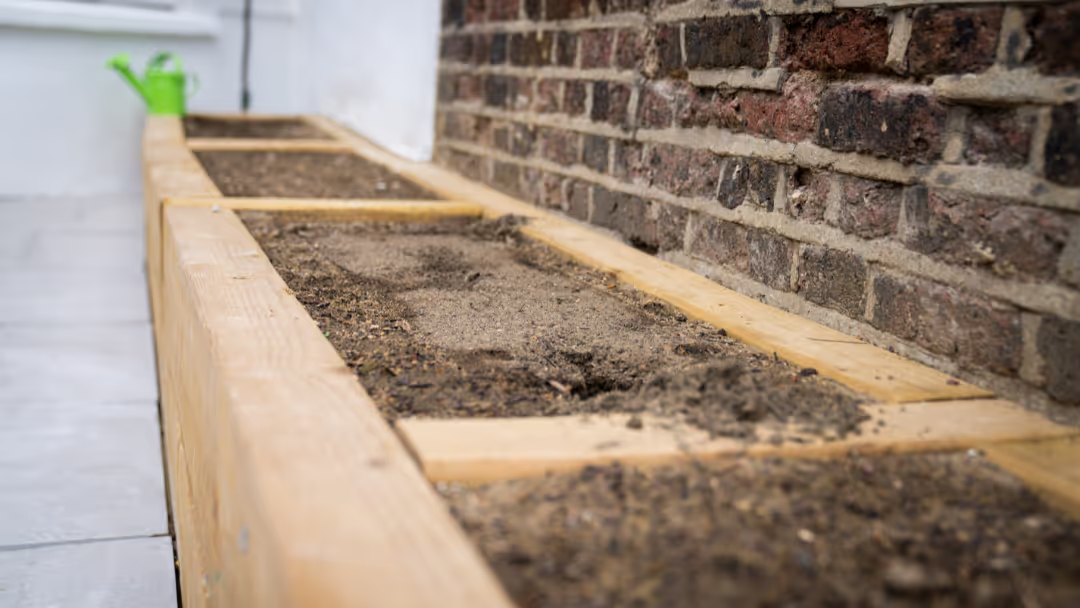
Gardening introduces children to the rhythms of nature and provides a first-hand look at how food grows. It encourages responsibility, patience and curiosity. Even small-scale planting in pots or window boxes can be deeply rewarding for young children, especially when they get to taste the results.
Easy Plants To Grow With Children:
- Lettuce: Fast to grow and ideal for container gardening.
- Sunflowers: Impressive results and great for measuring growth.
- Potatoes: Fun to dig up at the end — try using a large pot or grow bag.
- Herbs: Basil, mint, or parsley grow well in small pots and can be added to meals.
Let your child help with watering, harvesting, and even preparing the food. It’s a great way to introduce healthy eating too.
6. Teddy Bears’ Picnic
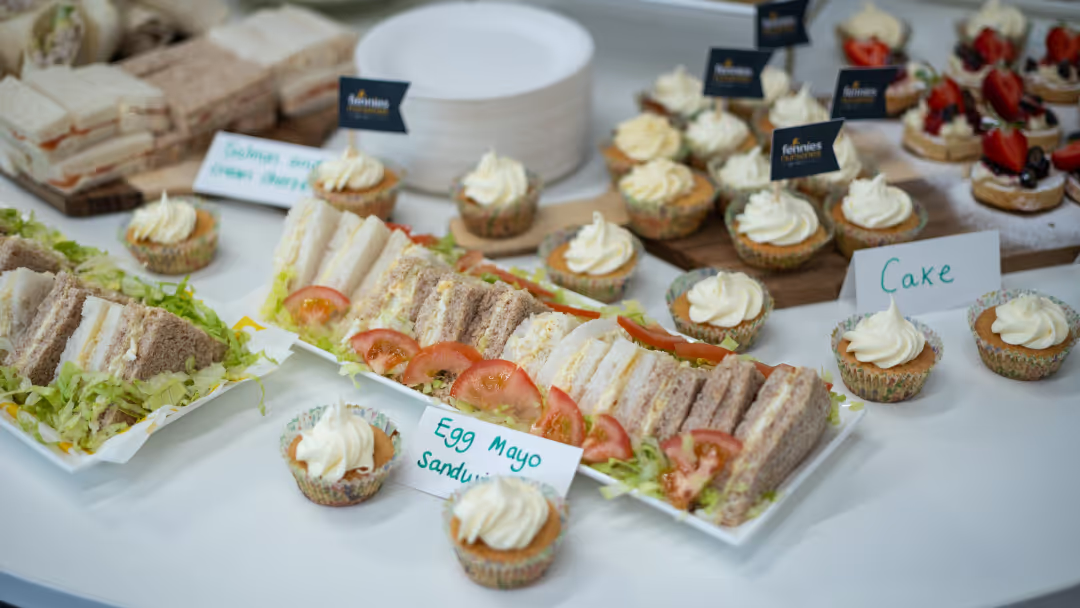
Hosting a teddy bears’ picnic is a charming way to blend imaginative role-play with early learning. It gives children the chance to practice social interactions, develop independence and explore concepts like counting and sharing in a setting that feels magical and special.
Make It Extra Special:
- Involve your child in making the sandwiches or choosing fruit and snacks.
- Use a small basket or blanket to carry everything.
- Invite teddies, dolls or other soft toys to join in.
Add Early Learning By Counting:
- How many bears are there?
- How many cups, plates, or pieces of food are needed?
- Can your child divide items so every teddy gets a fair share?
7. Nature Scavenger Hunt
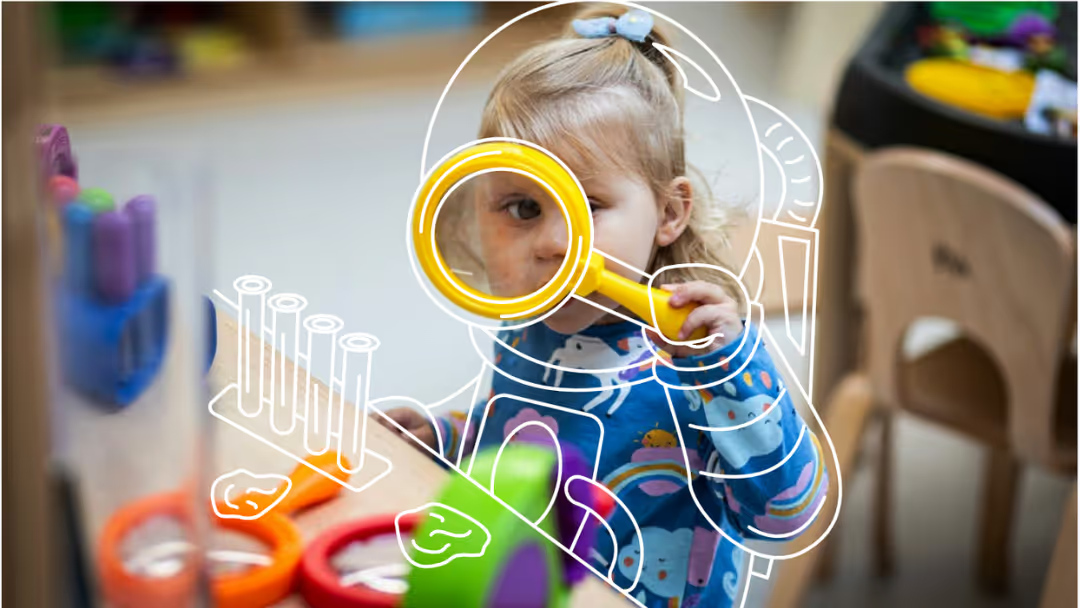
Scavenger hunts are an excellent way to encourage children to observe the natural world more closely. These adventures support language development, classification skills and attention to detail.
How To Do It:
- Make a list or use a printable (like those from The Woodland Trust) with items such as: something rough, something yellow, a feather, a tiny flower, or a smooth pebble.
- Encourage your child to collect items or take photos with your help.
- Use a small bag or basket to carry your finds and sort them when you get home.
Bug Hunting Twist:
- Grab a magnifying glass and become a minibeast detective.
- Look under rocks, behind leaves, or along tree bark.
- You can download this free Minibeast Hunt checklist to guide your adventure.
8. Explore Local Events and Hidden Gems
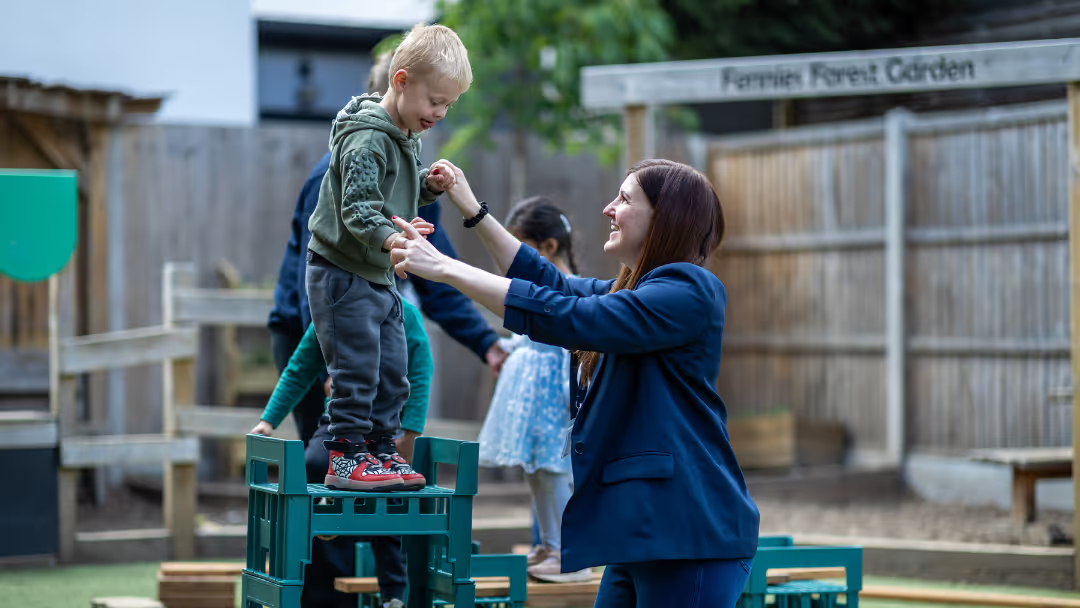
Sometimes the best summer days are ones where you simply head out and discover something new. Your local community likely has a range of free or affordable events designed with families in mind. From workshops and trails to storytelling and open-air theatre.
Where To Find Ideas:
- Check your borough or council website for a list of summer events.
- Visit your local library. Many run craft sessions or toddler storytimes.
- Look for pop-up trails, open-air performances or nature reserves nearby.
Tip: Always pack a small snack, a drink and a blanket to make an impromptu picnic part of the fun.
Final Thoughts
Summer offers a rich backdrop for play, discovery, and connection. With just a few simple materials and a little time together, you can turn ordinary moments into memorable learning experiences. Each of these projects supports key early development areas, from communication to problem-solving, all while embracing the freedom and fun of the season.
FAQ
Subscribe to our newsletter
Stay up to date with Fennies news


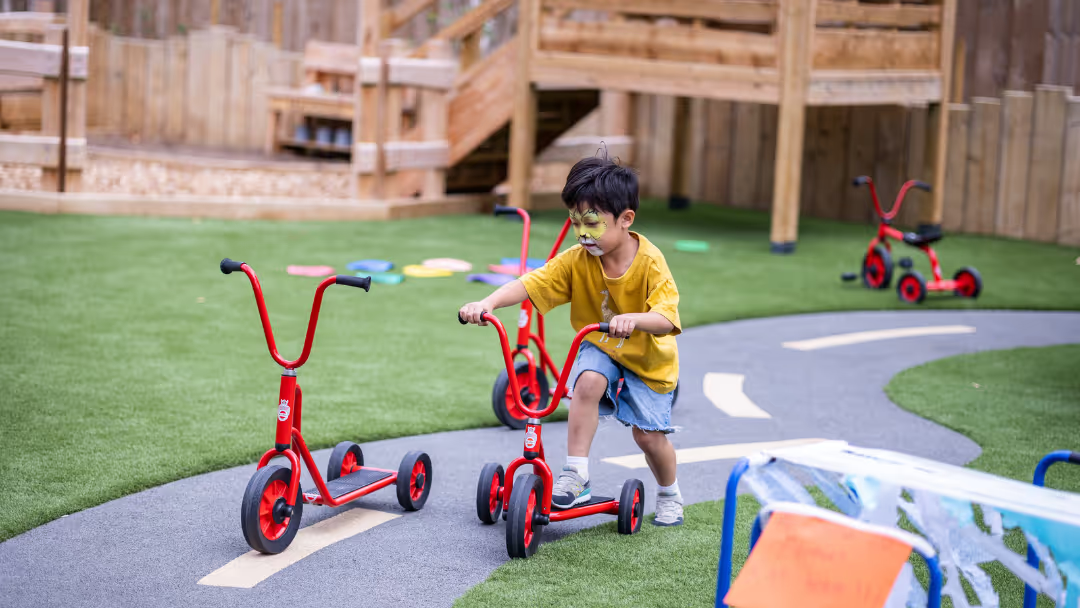
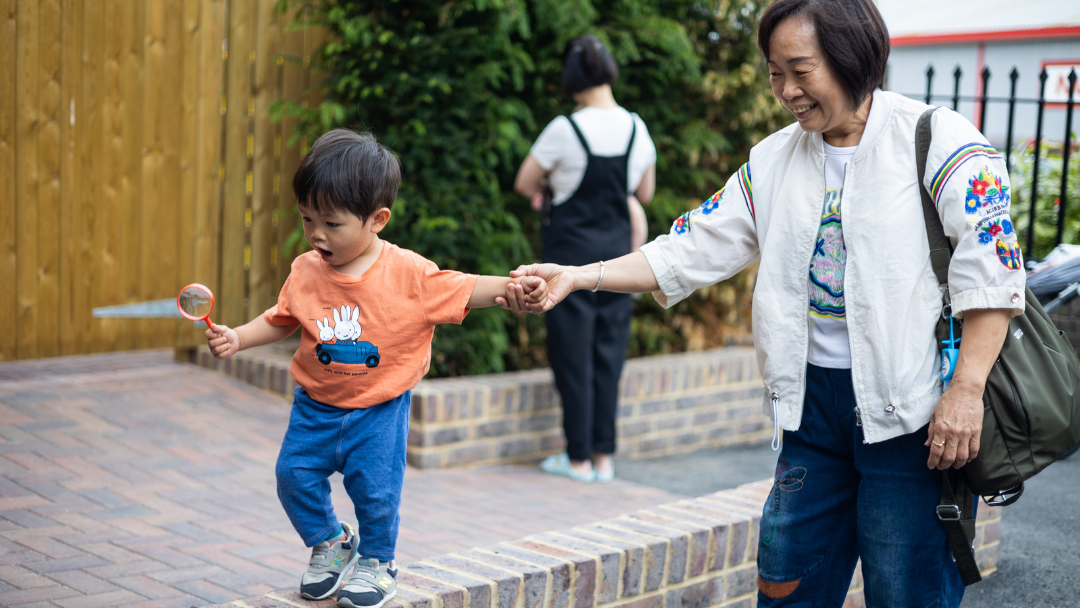

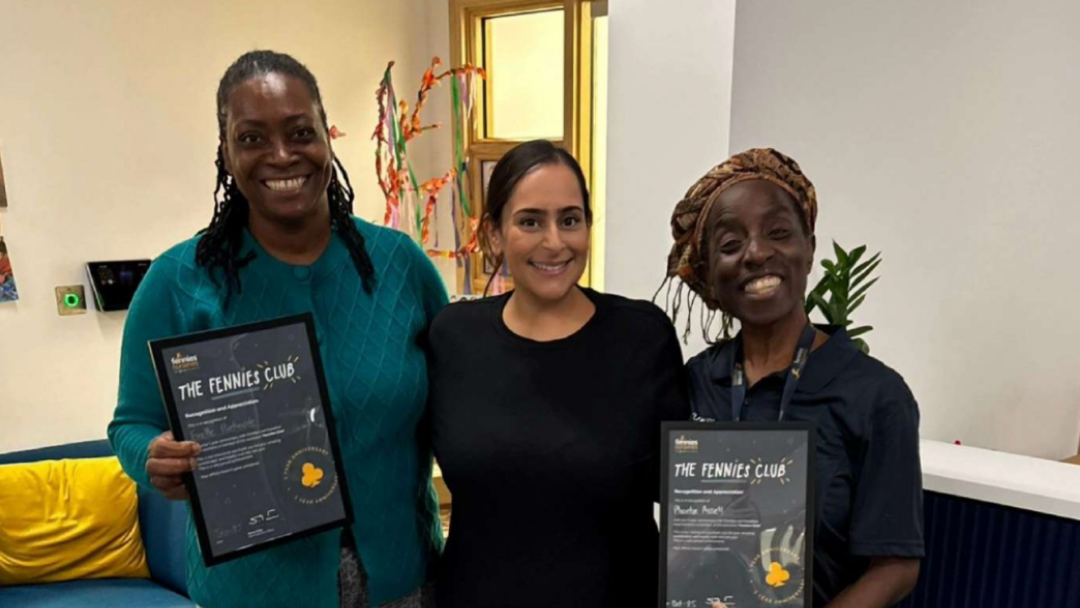
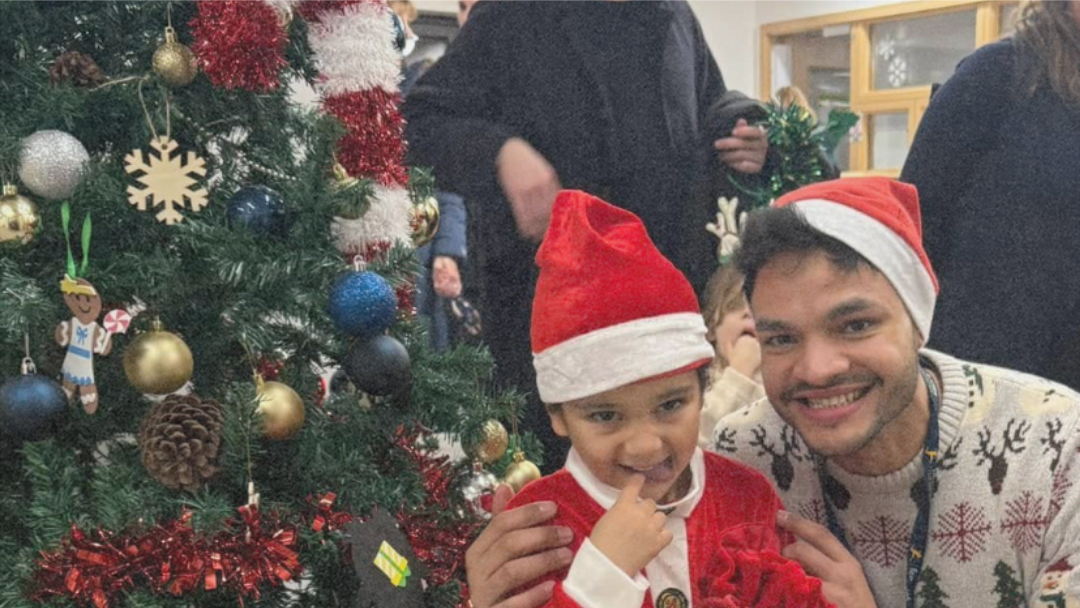
.png)
